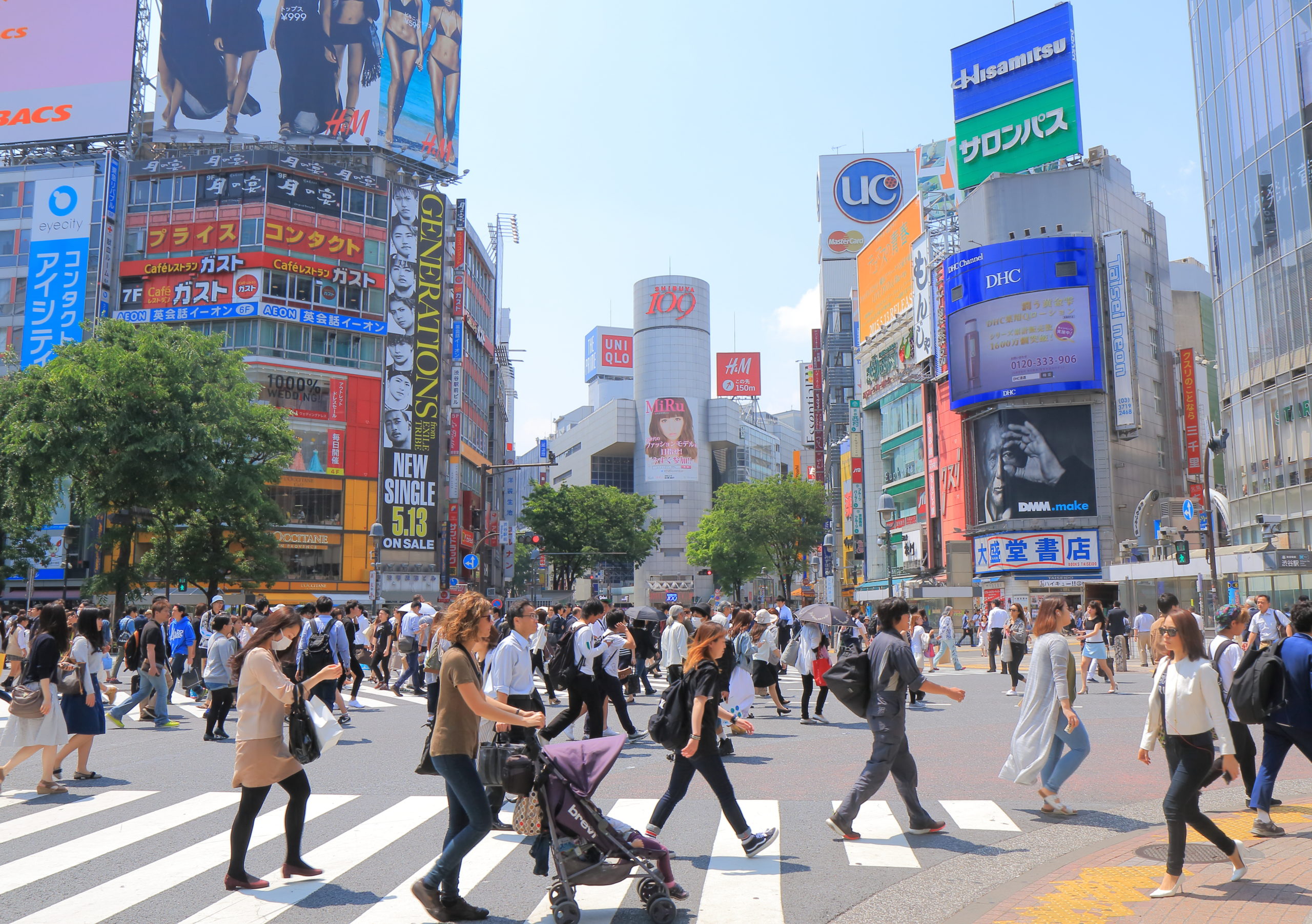Bukka meaning in Japanese

Bukka meaning in Japanese
What is “bukka” in Japanese?
“Bukka” (物価) is a Japanese word that means “prices” or “cost of living.” It is a compound word made up of the kanji characters “物” (mono), which means “thing,” “goods” or “commodity” and “価” (ka), which means “value” or “price.” Together, they refer to the value or cost of goods and services in a particular location or market. In Japan, the term “bukka” is often used to describe the overall price level of goods and services in the economy.
Bukka (Cost of Living) in Japan
The cost of living in Japan is generally considered to be high, particularly in urban areas like Tokyo and Osaka. This is reflected in the high prices of goods and services, including food, housing, transportation, and healthcare. The Ministry of Internal Affairs and Communications in Japan regularly measures and publishes data on the consumer price index (CPI), which is a common measure of the overall cost of living in a country. The CPI tracks the prices of a basket of goods and services, including food, clothing, housing, and transportation, and is used to monitor inflation and changes in the overall cost of living over time.
In addition to the CPI, the Japanese government also uses other measures to monitor the economy and the cost of living. For example, the Bank of Japan regularly conducts surveys of consumer attitudes and expectations regarding prices, which can provide insights into how people are feeling about the overall level of prices and the direction of the economy. The government also sets policies to try to manage inflation and stabilize prices, such as through monetary policy or fiscal policy measures.
Overall, “bukka” is an important concept in Japan, as it is closely tied to the cost of living and the overall state of the economy.










